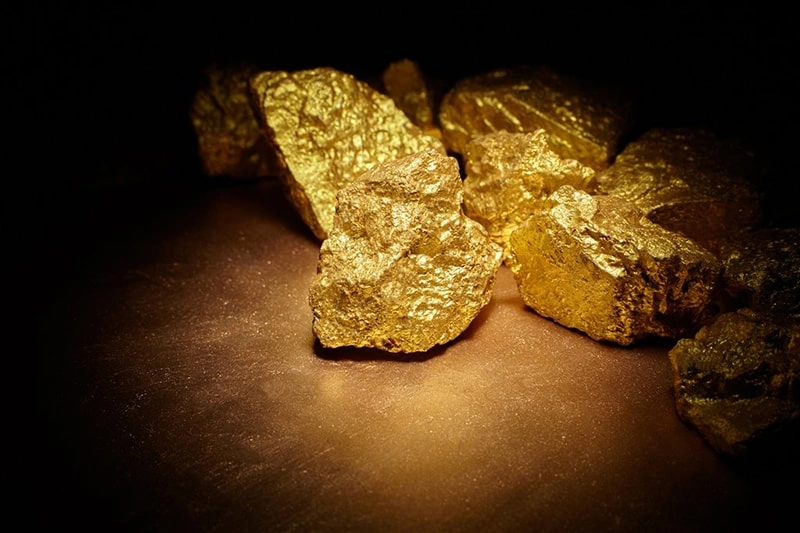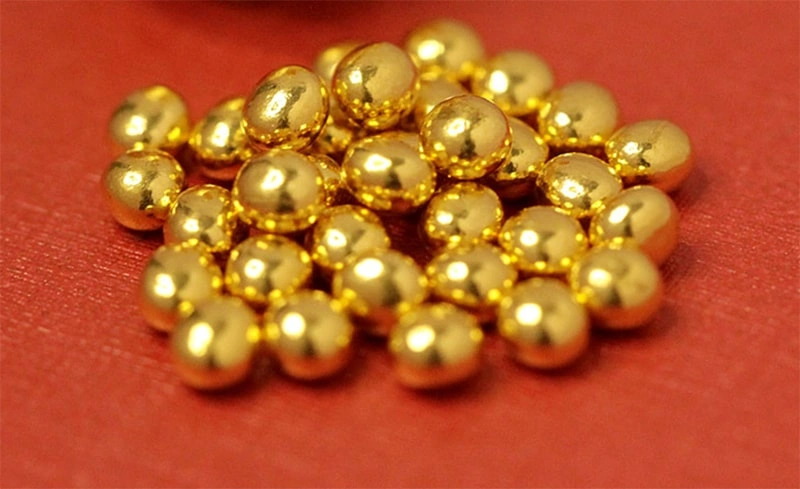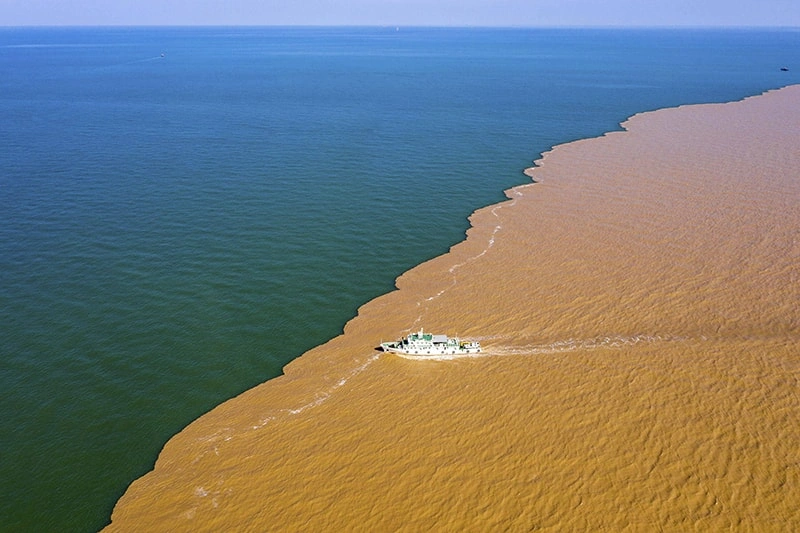
Electronic-grade thiourea, a key component of electronic chemicals, is defined as a key chemical used in the electronics industry during the semiconductor device manufacturing process. Its high purity, low moisture content, and low impurity content make it an indispensable chemical raw material for electronic devices. Electronic-grade thiourea is primarily used in cleaning, etching, and chemical vapor deposition (CVD) processes in semiconductor manufacturing, playing a crucial role in ensuring the reliability and performance of electronic devices.

Refractory gold ore, also known as refractory gold ore, usually refers to gold ore that still has a considerable amount of gold that cannot be effectively leached by conventional cyanide after fine grinding.

Thiourea, also known as sulfourea, is produced industrially using three process methods: the ammonium thiocyanate method, the diazomethane method, and the lime nitrogen method. At present, most manufacturers in my country use the lime nitrogen method, and the ammonium thiocyanate method and the diazomethane method have been gradually eliminated.

Thiourea, also known as thiocarbamide (CAS No.: 62-56-6), has a molecular formula of SCN₂H₄, is a white, shiny rhombic hexahedron, tastes bitter, has a density of 1.405 g/cm3, is easily soluble in water, and its aqueous solution is neutral. Sulfur has low toxicity, is non-corrosive, and does no harm to the human body. Sulfur can dissolve gold, which has been confirmed by experiments. In the presence of an oxidant, gold is transferred into the thiourea acid solution in the form of Au(SCN₂H₄)²⁺ complex cations. Thiourea gold dissolution is an electrochemical corrosion process, and other chemical equations can be expressed as follows:

Stabilizing Fixing Solution Components: The main component of the fixing solution, sodium thiosulfate, easily decomposes under acidic conditions. Thiourea has a certain alkalinity, which can neutralize some of the acidic substances in the fixing solution, adjusting and stabilizing the pH value of the fixing solution, inhibiting the decomposition of sodium thiosulfate, thereby extending the lifespan of the fixing solution.Complexing

Inhibition of Sodium Thiosulfate Decomposition: Sodium thiosulfate (Hypo) in the fixing solution is unstable under acidic conditions and is prone to decomposition reactions. Thiourea has a certain alkalinity, which can neutralize some of the acidic substances in the fixing solution, keeping the pH value of the fixing solution within a relatively stable range, thereby inhibiting the decomposition of sodium thiosulfate.